Centrica's power trader remains confident despite new rivals
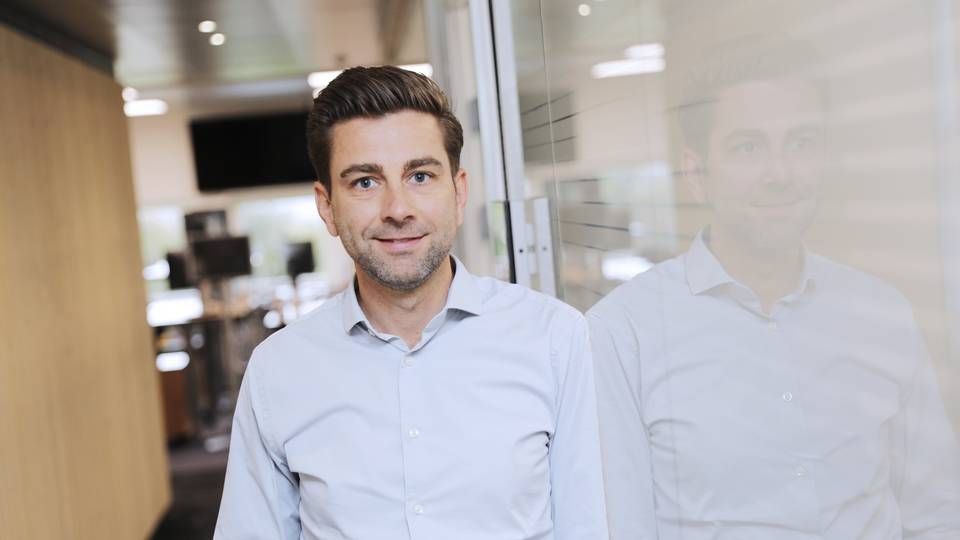
Jutland, Western Denmark, is gradually becoming a real Monte Carlo of energy trading. Or, in any case, many new players have arrived on the field in the last handful of years.
Here, larger groups like Danske Commodities and Centrica Energy Trading reign supreme, while rookies include firms like Incommodities, MFT Energy, Powermart, Nova Energy Trading, Nordic Energy House and, last but not least, Norlys Energy Trading.
The last company on that list is a quite close acquaintance of Centrica Energy Trading, and that's despite the fact that Norlys has only recently launched. The two traders are fighting an ongoing legal dispute after more than 20 personnel defected to the newly established competitor. The case has involved issues ranging from business secrets to compliance with non-compete clauses in employment contracts.
Meanwhile, the prospective arrival of many new market players is not unambiguously threatening for Centrica.
"We're certainly not worried, and I see just as many advantages as disadvantages in us having this market dynamic. Clearly, however, it's regrettable each time a good colleague is lost to a competitor. That's because we depend on having skilled people around us to succeed with our own strategy," says Centrica Energy Trading Director of Power Asset Management Kristian Gjerløv-Juel.
Even though the spat between Norlys and Centrica ended in court, the latter nonetheless highlights the upsides of having many new competitors on the market – at least in the long term, because so many competencies within energy trading have become centered around Western Denmark's two main cities, Aarhus and Aalborg.
"It has a short-term effect of us losing some capable people who launch new businesses, and then they go in and compete on certain markets and platforms. All else equal, such competition must mean that we'll make a bit less money," Gjerløv-Juel says and continues:
"In the longer term, I also see it as a big advantage that so many talented companies operate within such a relatively small field. That means each time we or others invent something new or come up with some novel trading strategies, and which is gradually leading to a high frequency of skill exchange, that we as a group take another step forward relative to our competitors beyond Denmark."
With this "frequent exchange", Gjerløv-Juel means that this Jutlandic clustering has made it easier for personnel to change employers and new ideas can thereby disseminate.
Staying keen
The tighter competition, however, also plays a role in companies having to stay sharp. Standing still entails the risk of of being left behind, the director explains:
"We don't think this is so unfortunate as such. Competition keeps us on our toes – commercially, yes, but we also have to make sure our employees are happy and satisfied working for us, because the alternative isn't far away."
On the other hand, it can also be a disadvantage to have so many profiles in play when the time comes to recruit.
First money is easy
Even though the trader cake is in principle being divided up into smaller slices, and the heightened competition – as Gjerløv-Juel concedes – must mean that less money can be made, this is not yet something that has made a mark.
"It doesn't seem that we're diluting each other. That's because there is some overlap in products the companies are trading and where money is made, but there are also some differences," he explains and adds:
"It appears that the first batch of money firms earn is not so difficult to secure as compared to developing businesses further from there. That's when the challenges arrive. So, there are some small niches companies can enter and where fine returns are still available and have relatively low access bars."
Moving forward after this is the tricky part. Here, the director says it's necessary to run greater risks. That's why he also predicts that many new traders will take drastically different directions during the next five years and will probably opt to venture and reinvest their capital in the attempt to advance to the next level.
For the moment, Gjerløv-Juel concludes, there's plenty of space in the market for the new traders, but the new players mainly enter markets with easier access requirements, for instance, doing deals on daily auction markets or within intraday trading.
"The contracts don't need to have an especially long term. The longer the term, the greater the risk. This also applies for the other party's risk profile, which is why it's difficult for startups find counterparts willing to take the risk without a credit guarantee. Then startups quickly run out of money," Gjerløv-Juel says.
High credit rating
To catch the big fish swimming with long contracts requires, among other things, achieving a high credit score.
In this regard, Centrica Energy Trading was among the first Danish traders to take the field along with Danske Commodities.
"When we were purchased by a large, international utility [British power company Centrica purchased Neas Energy for the equivilent of GBP 170 million in 2016, -ed.], capital and credit were injected to take the company to the next level," Gjerløv-Juel relays.
"We wouldn't have been able to make a strategy where we go in and make big power purchase agreements with 10 or 15-year terms with funds or pension firms developing these projects without having a solid owner backing us," he adds.
English Edit: Daniel Frank Christensen
Centrica's new management banks big on PPAs
Norlys CEO on Centrica legal dispute: A clean exoneration
Green team's new Energy Transition fund strategy rakes in returns off global sustainability
Legal spat breaks out between Centrica and Norlys
Norlys hijacks CEO from Centrica
Centrica Energy Trading defies wind and weather after name change
Equinor finalizes acquisition of Danske Commodities
This viking city is reshaping European electricity markets

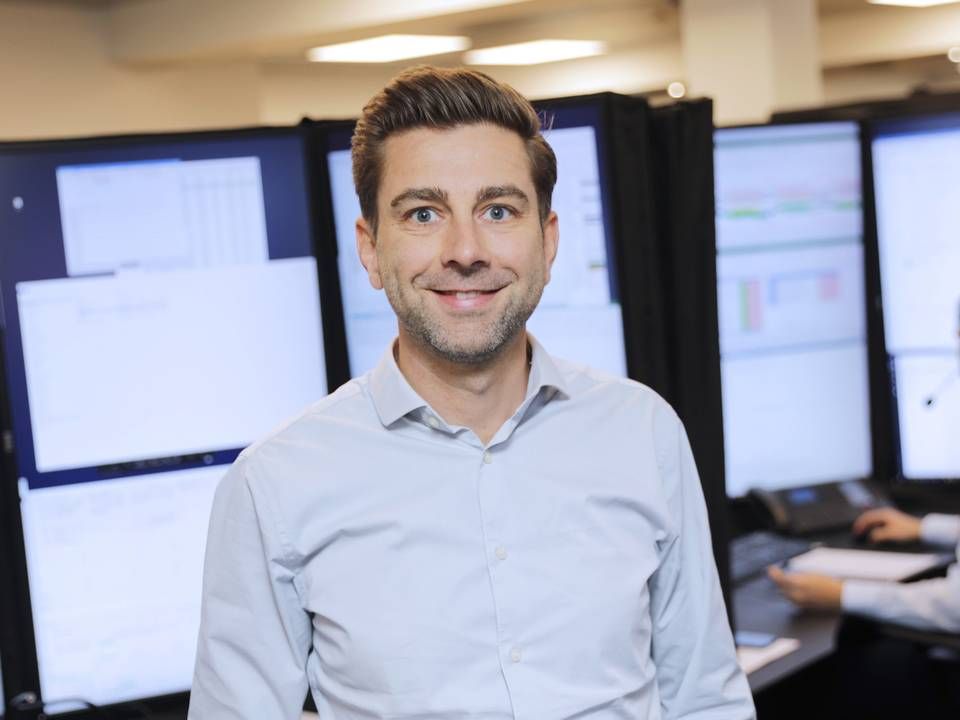
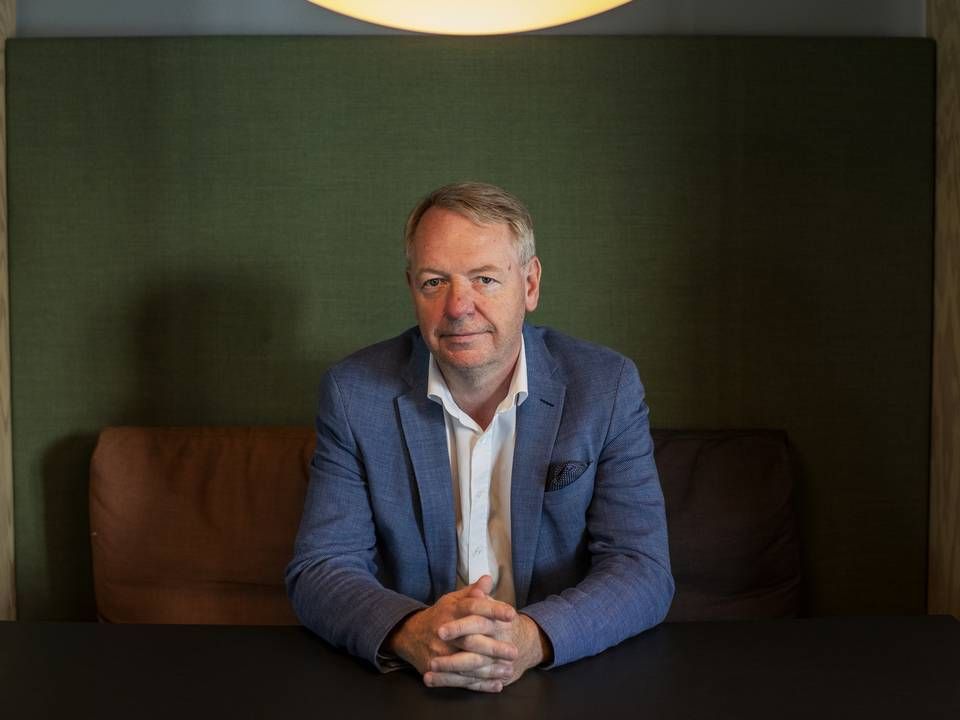
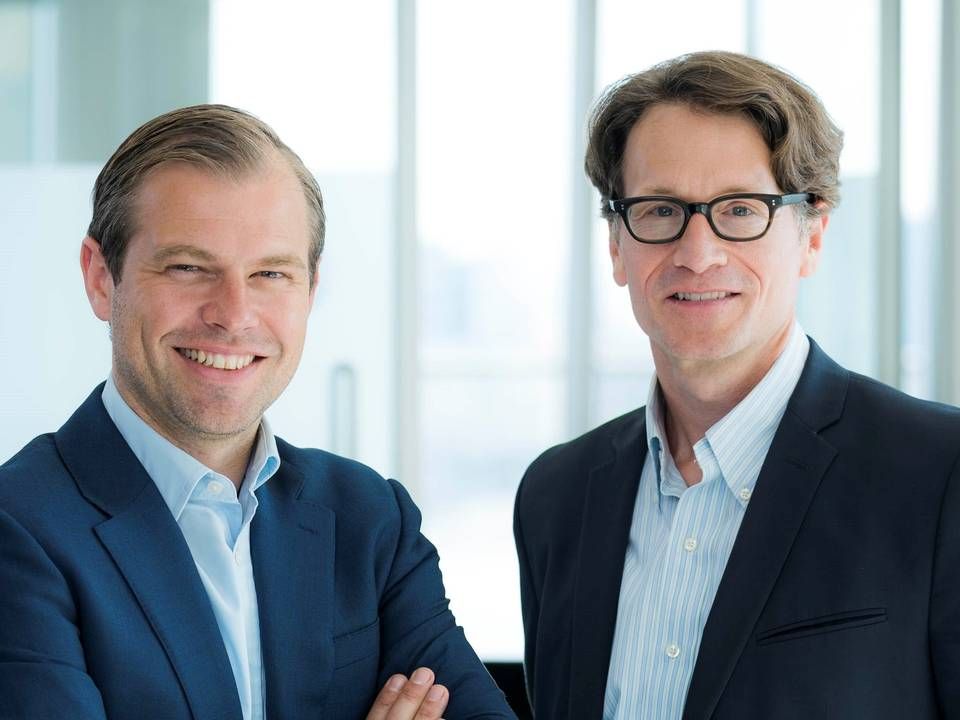

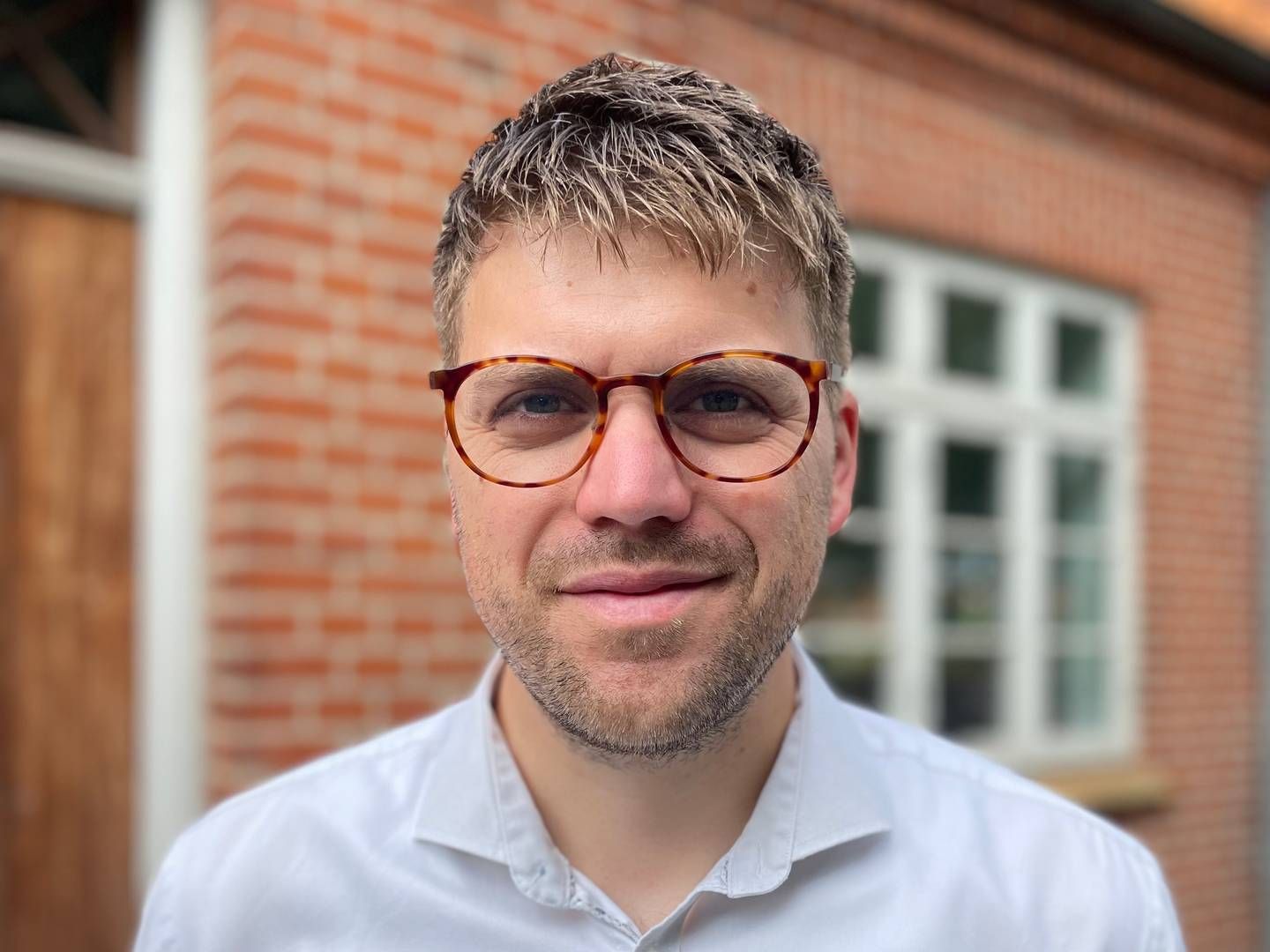
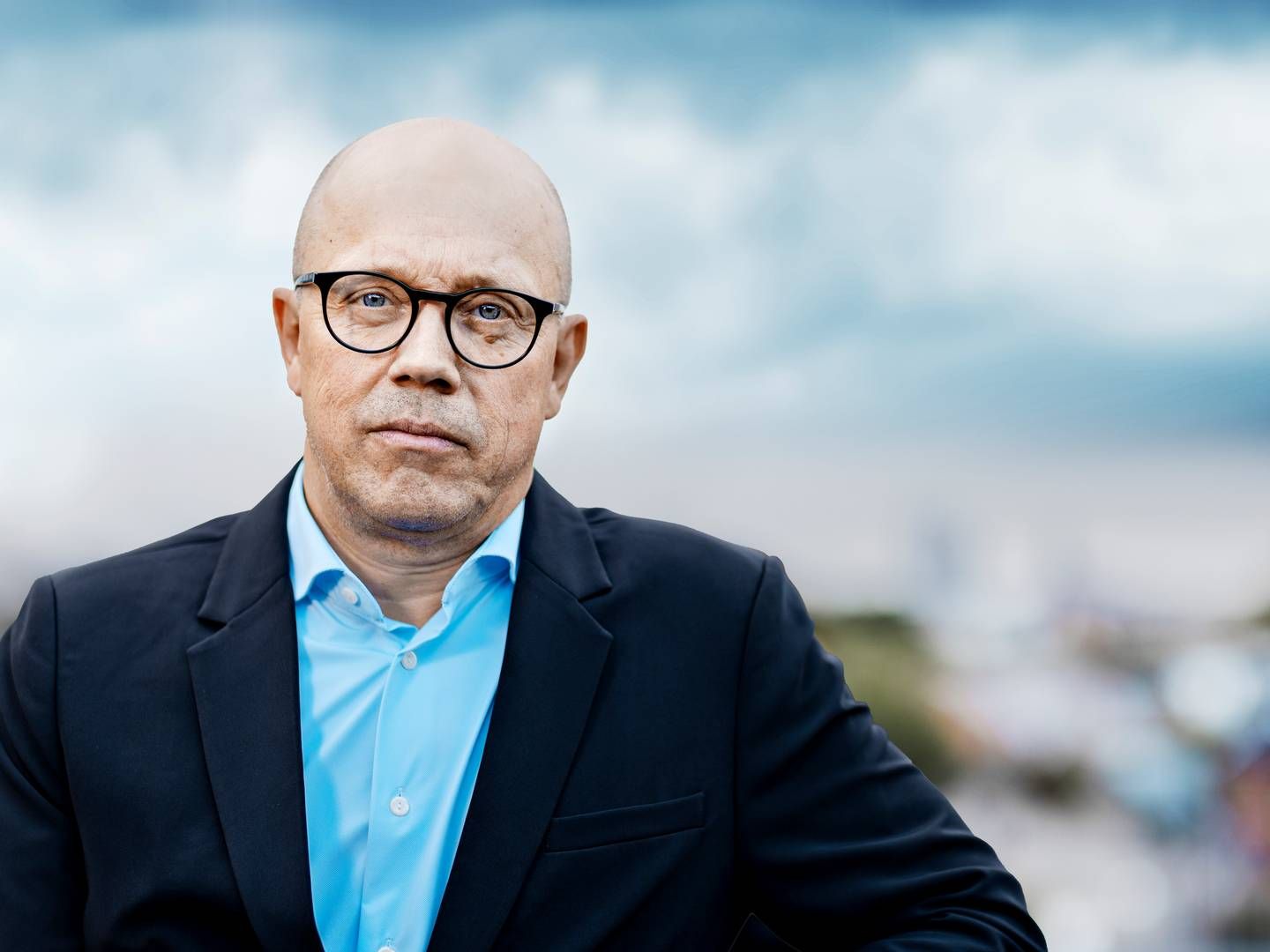



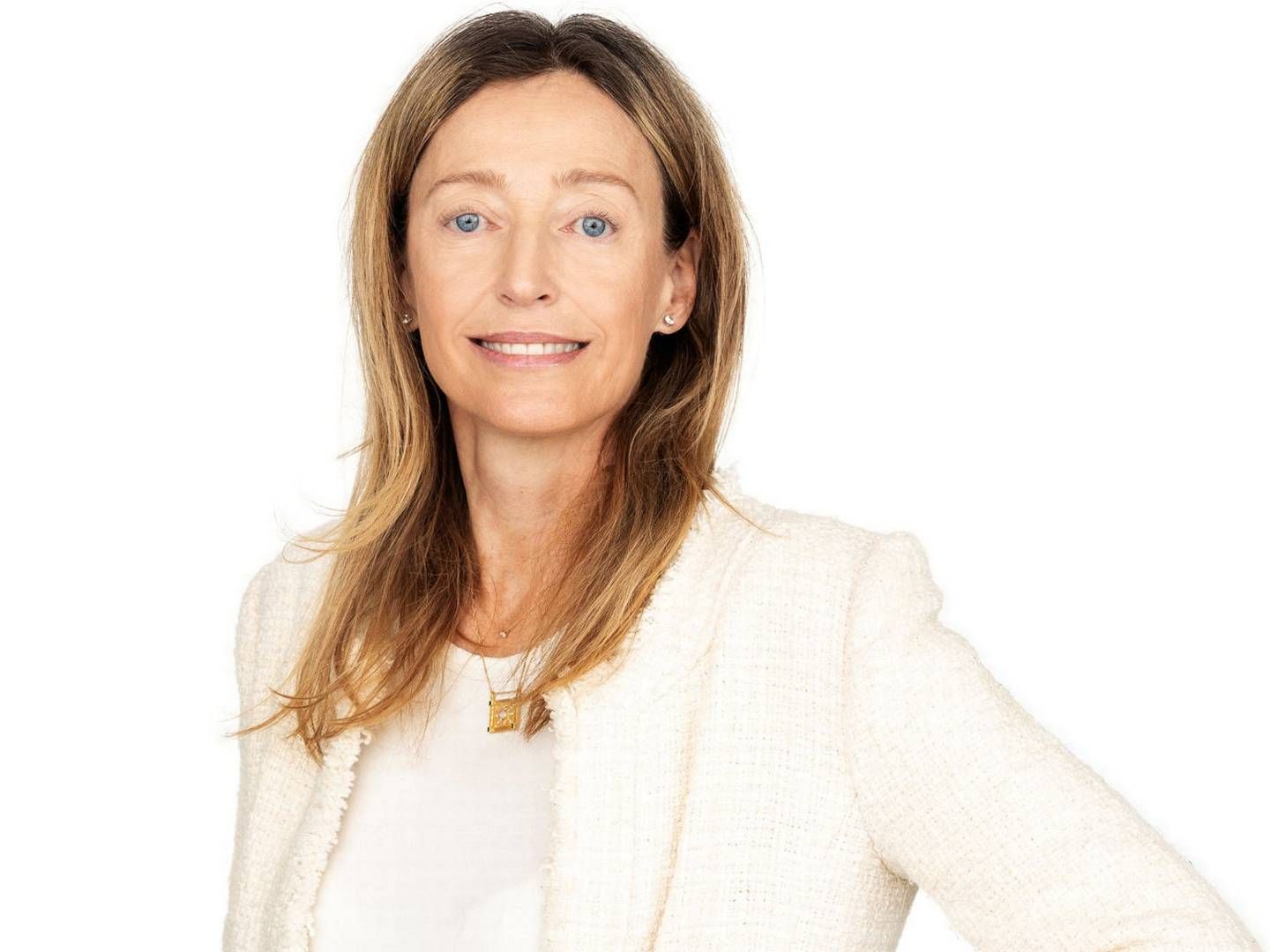

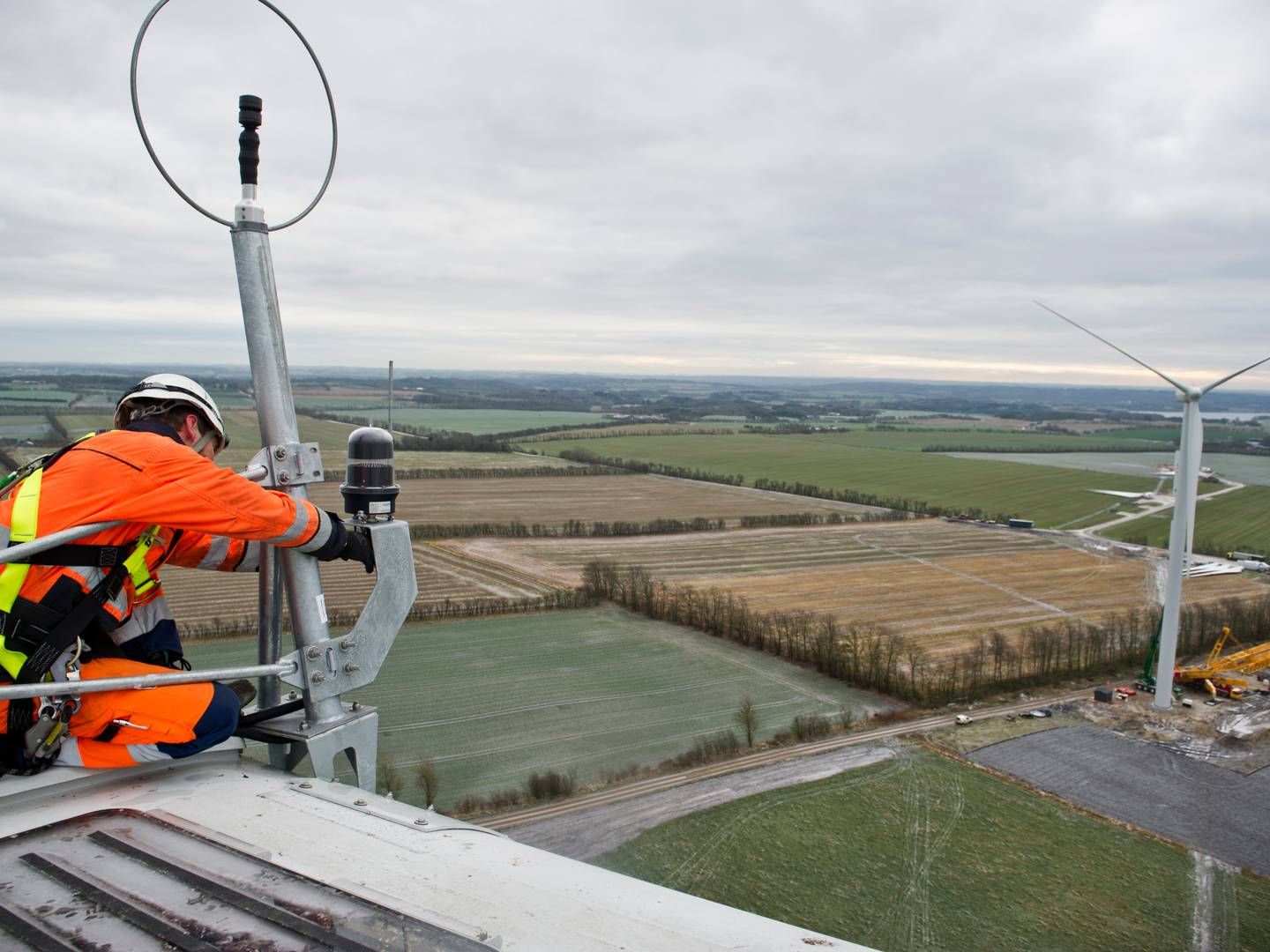
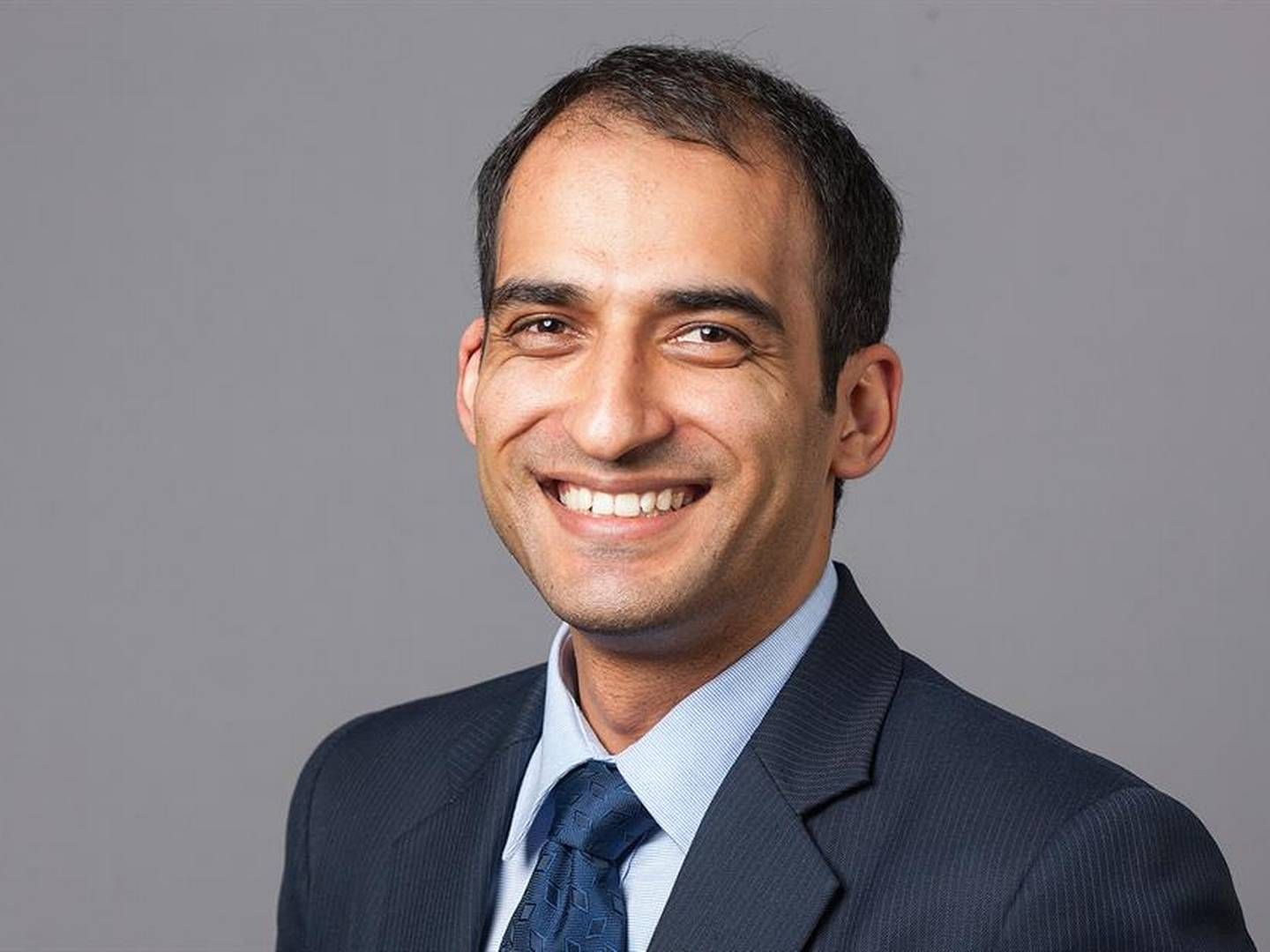



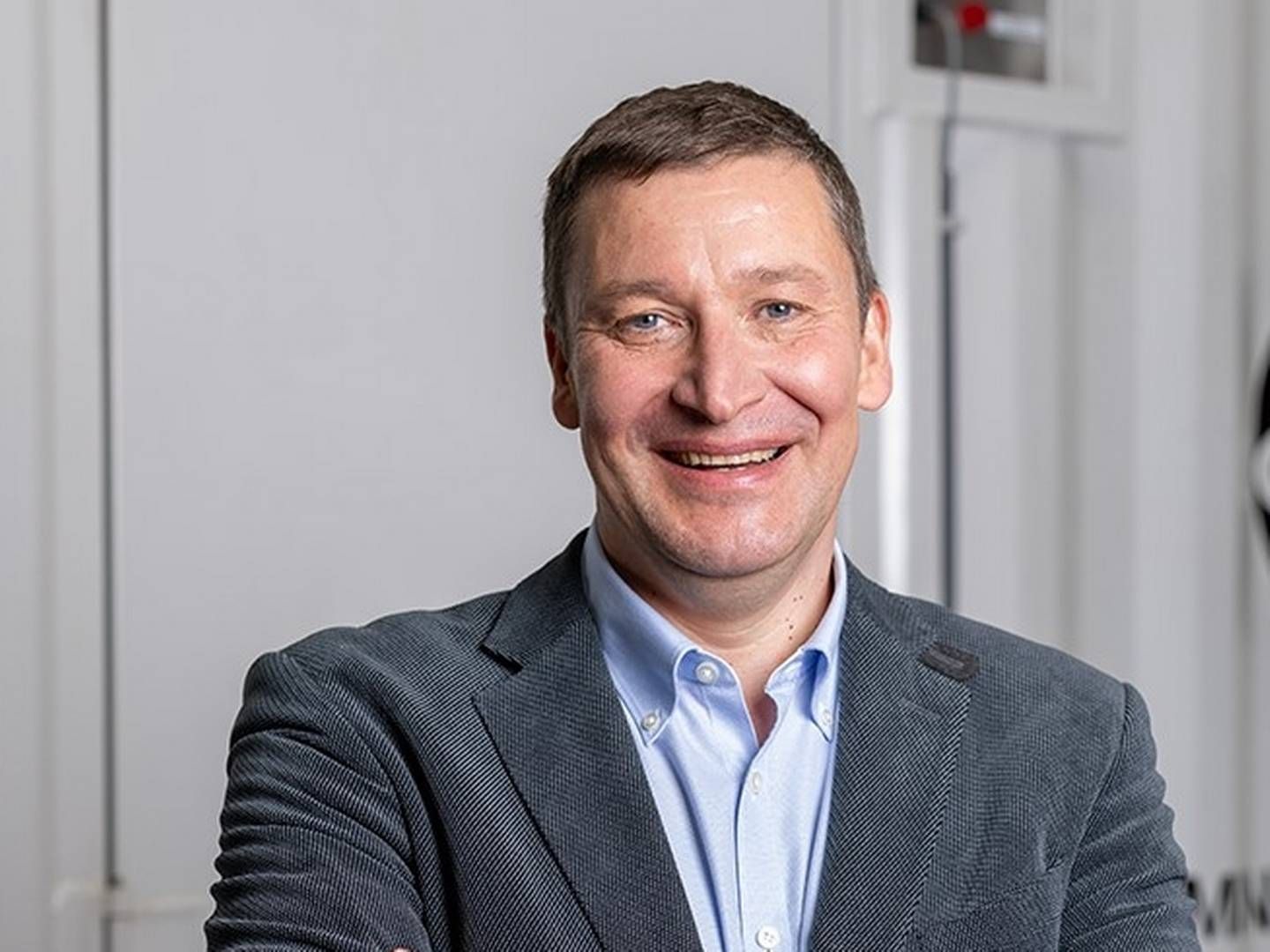







.jpg&w=384&q=75)